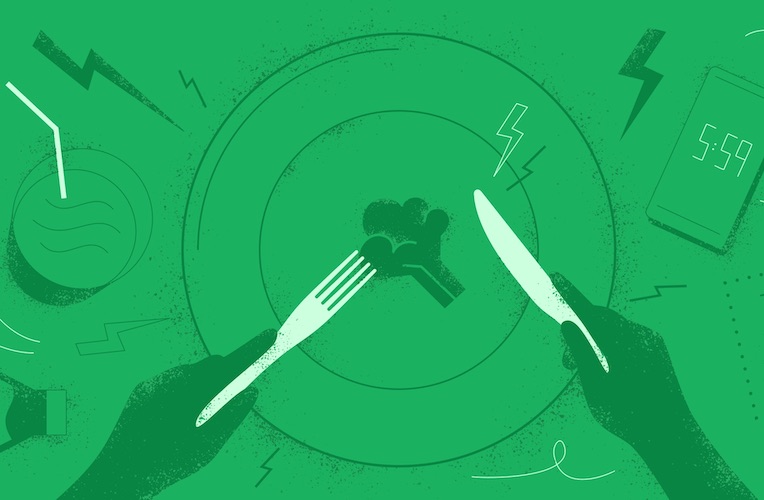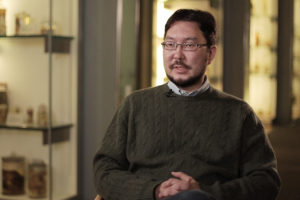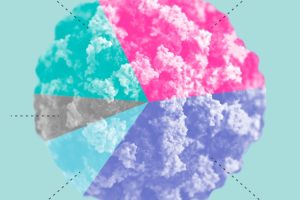Music and Stress
Psychoneuroimmunologist Daisy Fancourt on the use of music in healthcare and its role in emotion regulation

On December 23, 2014 Cell published a paper “Decoding Neural Circuits that Control Compulsive Sucrose Seeking” about biological nature of food addiction. We have asked one of the authors of this research, Prof. Kay Tye from MIT, to comment on this work.
In this study, we showed that neurons that go from a brain region called the lateral hypothalamus (a brain region important for hunger, feeding and homeostasis) and send messages to the ventral tegmental area (a brain region important for motivation and reward) are active when we perform reward-seeking actions enough to be habits, like going to the fridge. If we want to understand how the brain gives rise to these feelings, thoughts and actions, we need to know more than what they are saying, we need to know WHO they are talking to. We used optogenetic projection-defined phototagging to see which neurons (genetic, anatomical identity) were saying what (their spiking pattern) and who they were talking to (neurons that were receiving these messages in the circuit). By activating this pathway we found that it increases compulsive overeating in terms of seeking reward in the face of punishment, binge eating when full and persistent reward-seeking behavior. We also found that shutting this pathway down decreased compulsive sucrose seeking. Remarkably, this did not change feeding in hungry animals!
The real underlying problems are the cravings that lead to compulsive eating, and the behavior of compulsive overeating itself. There is a theory created by addiction researchers Barry Everitt and Trevor Robbins that reward-seeking actions lead to habits that can become compulsive reward-seeking in drug addiction. We wondered HOW the brain actually gives rise to compulsive behaviors. Thus we wanted to see if this theory was really true.
This is exciting because one big difference between food addiction and drug addiction is that you don’t need drugs to survive. You DO need food to survive. The treatment of food addiction has to be more delicate because you want to shut down the compulsive overeating, but you need to keep the desire to eat healthy food to survive intact! Our study suggests this is possible.
Imagine if I told you that in the future, we could change the way our neural circuits communicate in a way that I did not want to binge on sweets, but still allowed me to eat healthy foods when I’m hungry? Obviously there is a ton of work that needs to be done to make this vision a reality, but our study suggests that it is possible.
We need to make sure things are safe and effective, but we hope that our work inspires more effort in developing circuit-based treatments using deep brain stimulation or non-invasive methods like focal ultrasound or transcranial magnetic stimulation, perhaps in combination with cognitive behavioral therapy. So far our study tells us that this type of treatment is possible because they are different circuits, and it gives us a starting point of where to look. The only thing I’m absolutely sure of is that this is the tip of the iceberg.

Psychoneuroimmunologist Daisy Fancourt on the use of music in healthcare and its role in emotion regulation

Biologist Arkhat Abzhanov on adaptive radiation, Darwin's finches and allopatric speciation

A new study explores the mechanism by which a peptide contained in wasp venom inhibits cancer cell proliferati...